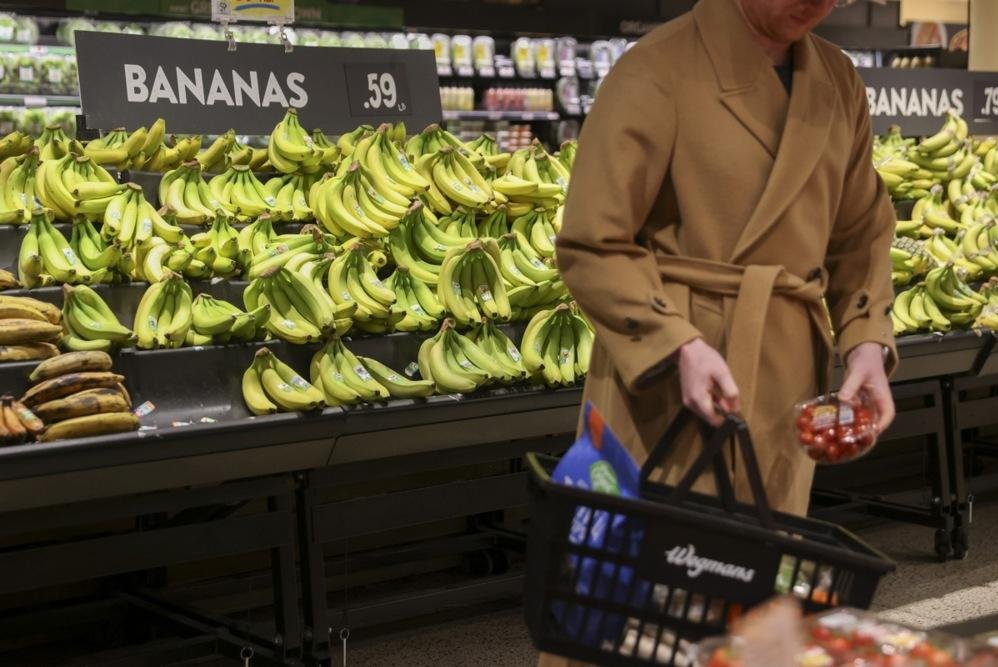Banana workers in Ecuador say they are forced to return to plantations soon after fumigation — before safety periods end — and that medical tests have found traces of the chemical in exposed workers. File Photo by Sarah Yenesel/EPA
Oct. 7 (UPI) — Ecuadorian banana workers have filed a formal complaint with the European Commission over alleged labor and environmental violations in the country’s banana industry.
The move asks the European Union — the main market for Ecuadorian bananas — to investigate and link benefits for Ecuador’s banana companies to compliance with standards under the free trade agreement the EU signed in 2017 with Colombia, Peru and Ecuador.
The workers’ complaint, filed Sept. 1 and announced Sept. 24, warns about the use of the fungicide mancozeb, which is banned in the EU. They say they are forced to return to plantations soon after fumigation — before safety periods end — and that medical tests have found traces of the chemical in exposed workers.
“Banana workers in Ecuador continue to face very difficult conditions: low wages, long hours and little protection,” said Jorge Acosta, coordinator of trade union ASTAC, arguing that weak government oversight perpetuates a cycle of vulnerability despite the industry’s economic benefits.
Acosta also denounced alleged violations of union rights and collective bargaining, environmental damage from pesticide use and gender inequality, saying women are paid less for the same work and often required to take on unpaid tasks.
Ecuador produces about 30% of the world’s banana supply, exporting between 6 million and 7 million tons annually. The EU is the top market, buying 31% of exports, followed by Russia with 19% and the United States with 12%.
Behind that trade, about 250,000 people work in production, packing and exports — many of them, according to ASTAC, in conditions that threaten their health and the environment.
The workers are asking the EU to increase accountability for European importers and distributors so that obligations apply across the supply chain. They also want Ecuador placed under stricter review and for the trade agreement’s enforcement tools to be used to correct violations.
According to the Banana Marketing Association of Ecuador, about 2 million people depend indirectly on the industry, which is dominated by three companies: Ubesa, the top exporter, Reybanpac and Grupo Noboa, the conglomerate owned by the family of President Daniel Noboa.
The companies are vertically integrated, handling cultivation, packing and exports, which makes them leaders in production and overseas sales.
